Gallery
Photos from events, contest for the best costume, videos from master classes.
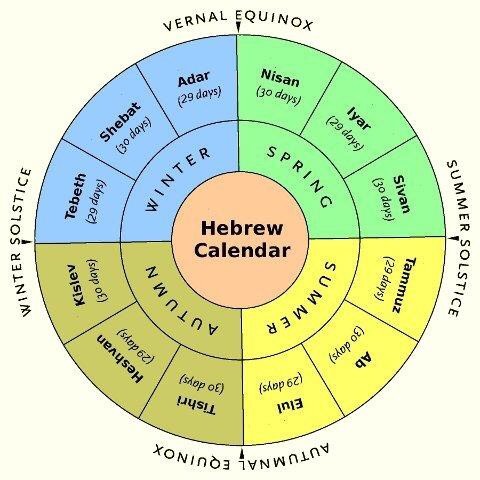
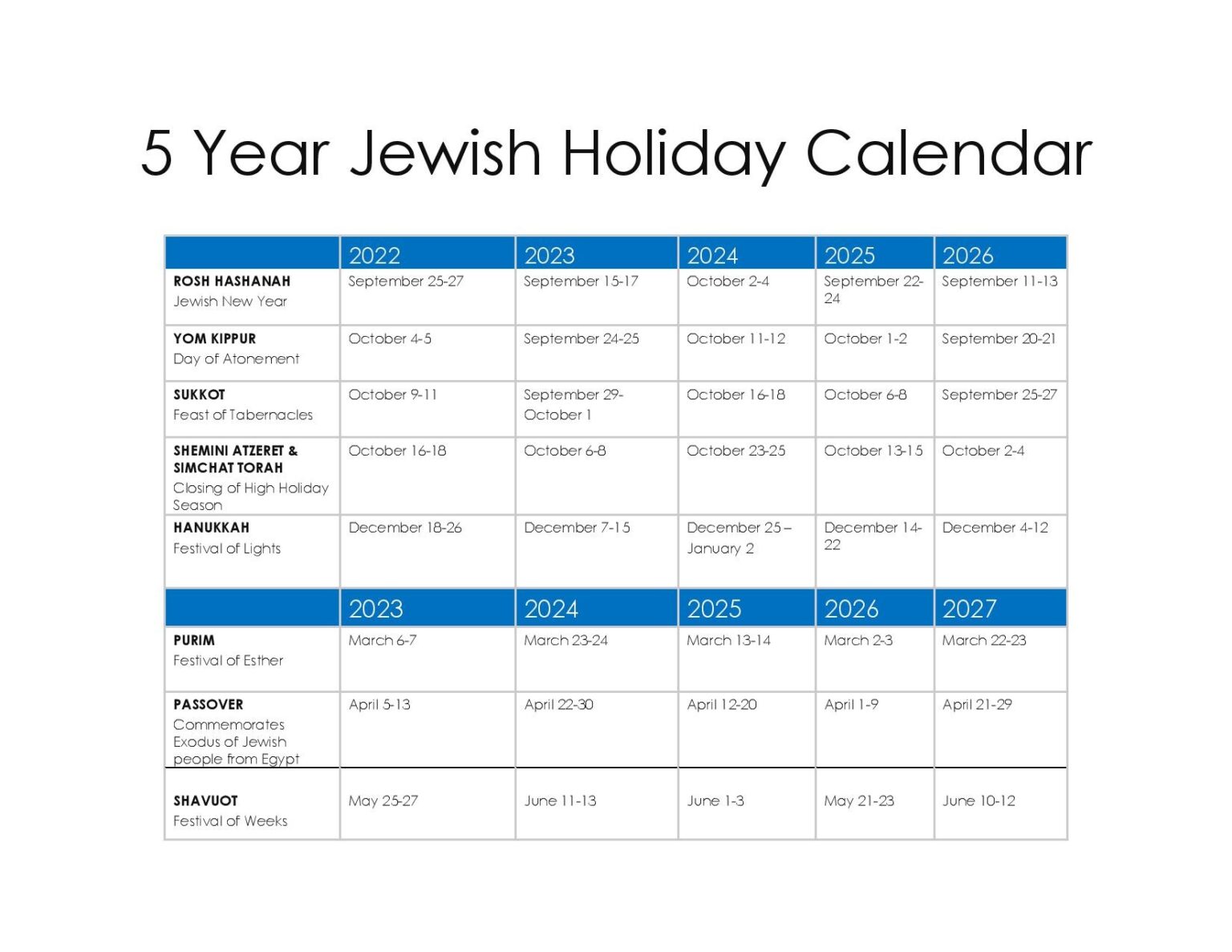

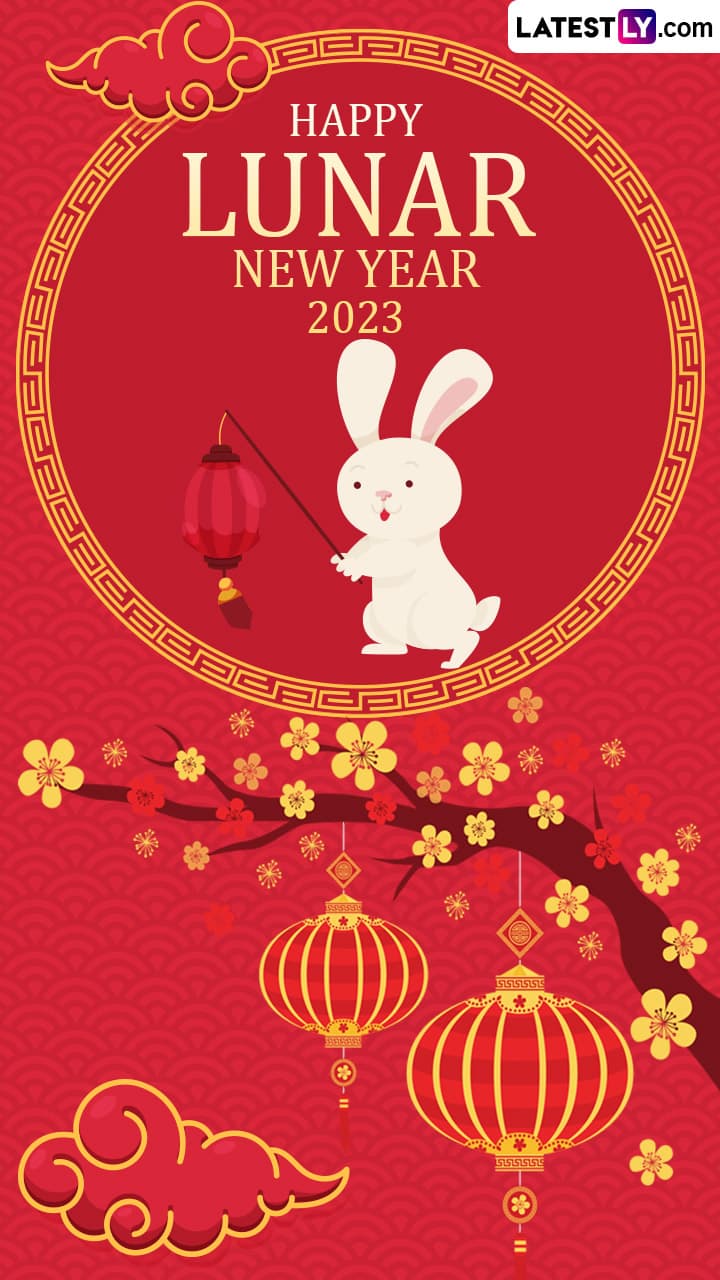


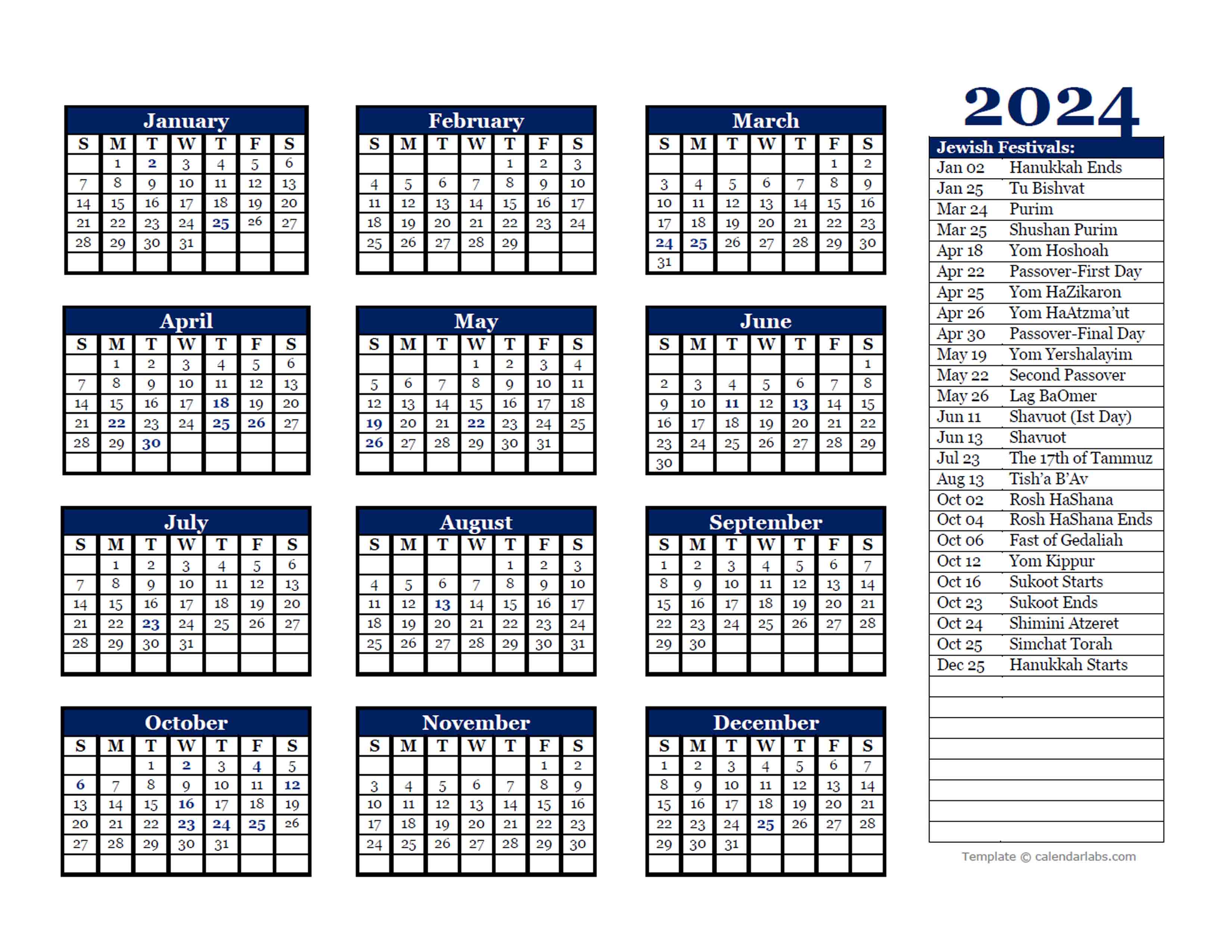


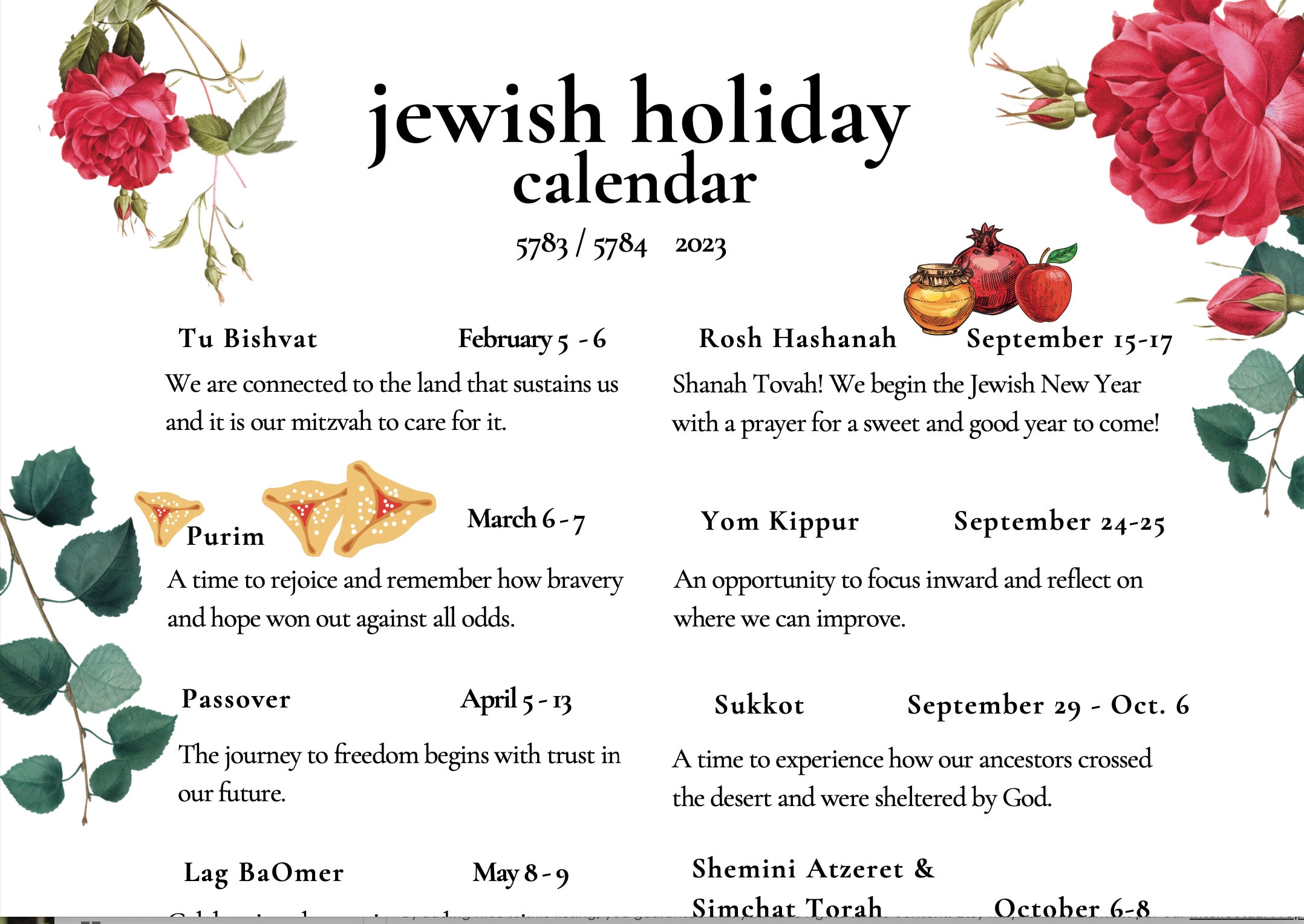

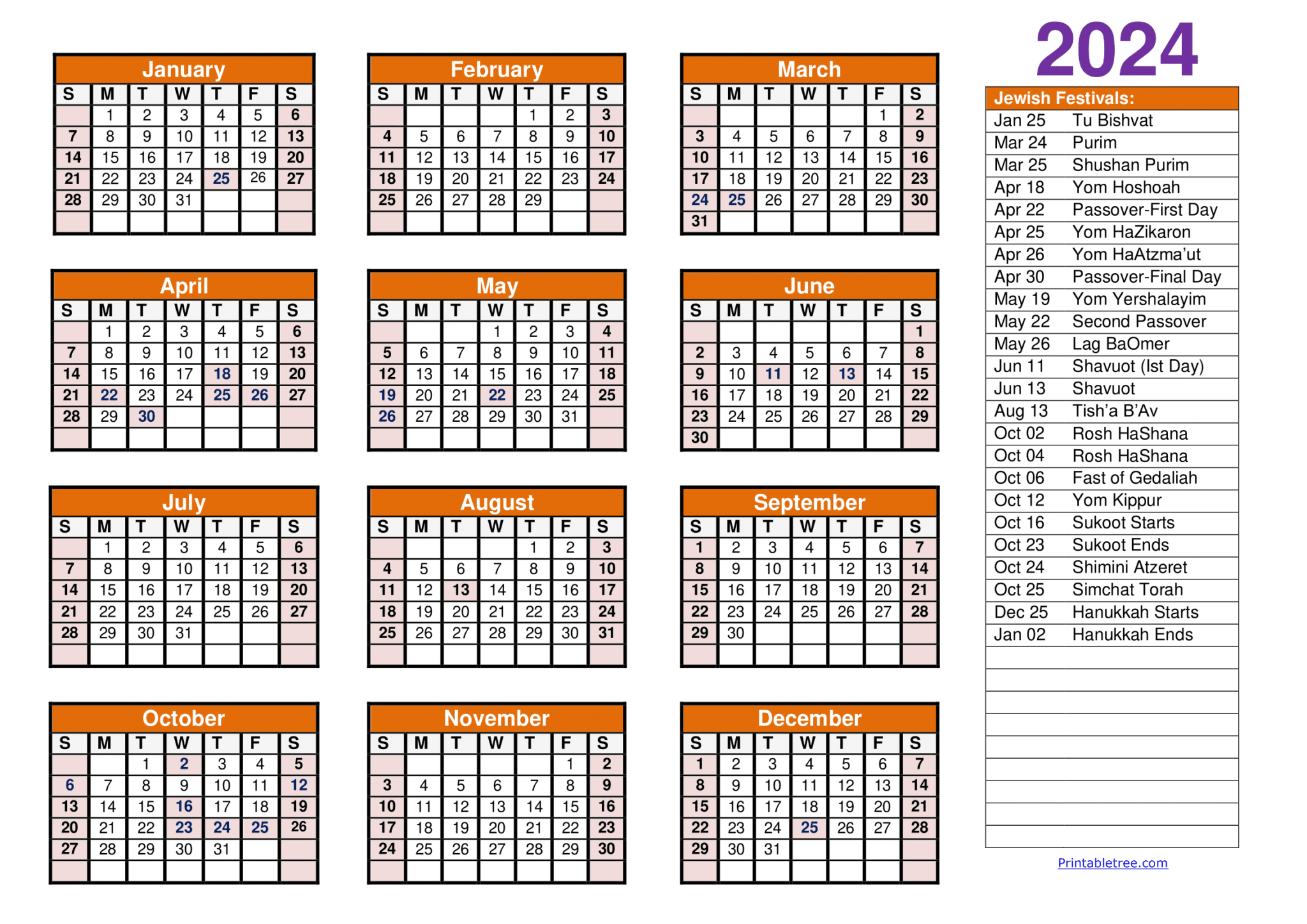
Rosh Hashanah (Hebrew: רֹאשׁ הַשָּׁנָה, Rōʾš hašŠānā, lit.'head of the year') is the New Year in Judaism. The biblical name for this holiday is Yom Teruah (יוֹם תְּרוּעָה, Yōm Tərūʿā, lit.'day of shouting/blasting'). Rosh Hashanah, the Jewish New Year, is one of Judaism ’s holiest days. Meaning “head of the year” or “first of the year,” the festival begins on the first day of Tishrei, the seventh month of This new year celebrated the creation of the Jewish nation through the redemption of the Israelites from Egypt. Nisan, as the first of the months, coincided with the beginning of Jewish national history. It was not until the 2nd century ce when scholars compiling the Mishna—the codification of Jewish oral law—designated Rosh Hashana (literally “head of the year”) on the first of Tishri as the new year of years and deemed it to commemorate the beginning of God’s creation. Jewish people welcome the new year in September or October, not January, in observance of the lunisolar Hebrew calendar. Rosh Hashanah begins on the first day of Tishri, the first month of the A HISTORY LESSON: The Jewish New Year (Rosh Hashanah) in 2025 will begin on October 2 and end on October 4. The American New Year (New Year's Day) in 2025 will fall on January 1. Rosh Hashanah (Hebrew: רֹאשׁ הַשָּׁנָה, Rōʾš hašŠānā, lit. 'head of the year') is the "observed" New Year in Judaism, (although as I will get The 15th of the Hebrew month of Sh’vat, known as Tu BiShvat, was the New Year of the Trees. Although the Torah refers to Nisan as the first month of the Jewish year, the first day of the month of Tishrei emerged as what we now know as Rosh HaShanah. The Babylonians, among whom the Jews lived, marked a “Day of Judgment” each year. The Mishnah, a compilation of rabbinic discussions that was codified around 200 CE, lists a grand total of four new years in each Jewish year (Tractate Rosh Hashana 1:1). The first is the New Year of Kings at the beginning of Nisan. So why do we celebrate Rosh Hashanah, and the beginning of the year, on this day? Shouldn't it be observed six days earlier, on the anniversary of the first day of creation? The question is strengthened when we look into the prayers of the day. Rosh Hashanah, the Jewish new year, is a fall holiday, taking place at the beginning of the month of Tishrei, which is actually the seventh month of the Jewish year (counting from Nisan in the spring). In Judaism, Nissan 1 is the new year for the purpose of counting the reign of kings and months on the calendar, Elul 1 (in August) is the new year for the tithing of animals, Shevat 15 (in February) is the new year for trees (determining when first fruits can be eaten, etc.), and Tishri 1 (Rosh Hashanah) is the new year for years (when we The 1st of Nisan is the new year for kings and festivals. The 1st of Elul is the new year for the cattle tithe The 1st of Tishri is the new year for years, of the Shmita and Jubilee years, for planting and for vegetables. The 1st of Shevat is the new year for trees—so the school of Shammai, but the school of Hillel say: On the 15th Rosh HaShanah (literally, “Head of the Year”) is the Jewish New Year, a time of prayer, self-reflection, and t'shuvah T'shuvah תְּשׁוּבָה "Return;" The concept of repentance and new beginnings, which is a continuous theme throughout the High Holidays. . We review our actions during the past year, and we look for ways to improve Enjoying a new experience or acquiring new knowledge can spark a conversation about what else new might happen in the coming year. Rosh Hashanah can be an opportunity for reflecting on the year that has passed and setting goals for the year to come. 80 years ago, my great-grandmother Lily Ebert was in Auschwitz for Rosh Hashanah, the Jewish new year. Today, at 100, she celebrates with 38 great-grandchildren and 1 great-great-grandchild. The origins of New Year's Eve fireworks lie in ancient China. By Zena Chamas. Topic: Carnivals and Festivals. 7h ago 7 hours ago Mon 30 Dec 2024 at 11:01pm. Jewish new year. Rosh Hashanah, or Literally the “head of the year,” Rosh Hashanah is one of four new year holidays designated in the Jewish calendar and the de facto “Jewish New Year.”1 The first of the two High Holy Days listed in Leviticus (Yom Kippur being the second), Rosh Hashanah is at once a joyous celebration and a time of solemn reflection. Rosh Hashanah (Jewish New Year) marks the beginning of the Jewish calendar year and initiates the Ten Days of Repentance. This period encourages introspection and spiritual renewal. Traditions include blowing the shofar and eating symbolic foods such as apples dipped in honey, which represent hopes for a sweet year ahead. Usually in September, Jewish New Year marks the end of the Jewish calendar year. Its customs include blowing a hollow ram’s horn in the synagogue (symbolising Abraham’s sacrifice of a ram instead of his son), attending synagogue services, as well as enjoying festive meals. What: Rosh Hashanah is the birthday of the universe, the day G‑d created Adam and Eve, and it’s celebrated as the head of the Jewish year. When: Rosh Hashanah is observed on the first two days of the Jewish new year, Tishrei 1 and 2, beginning at sundown on the eve of Tishrei 1.
Articles and news, personal stories, interviews with experts.
Photos from events, contest for the best costume, videos from master classes.











